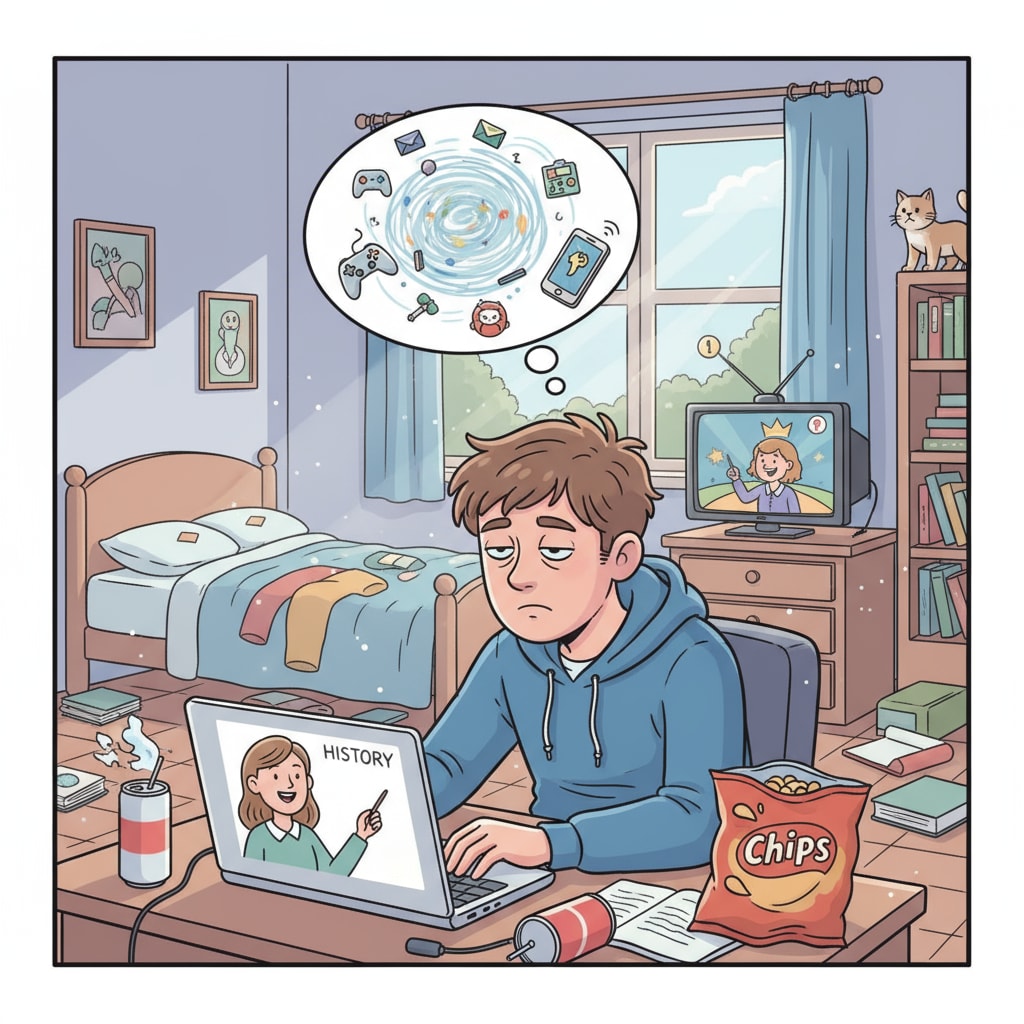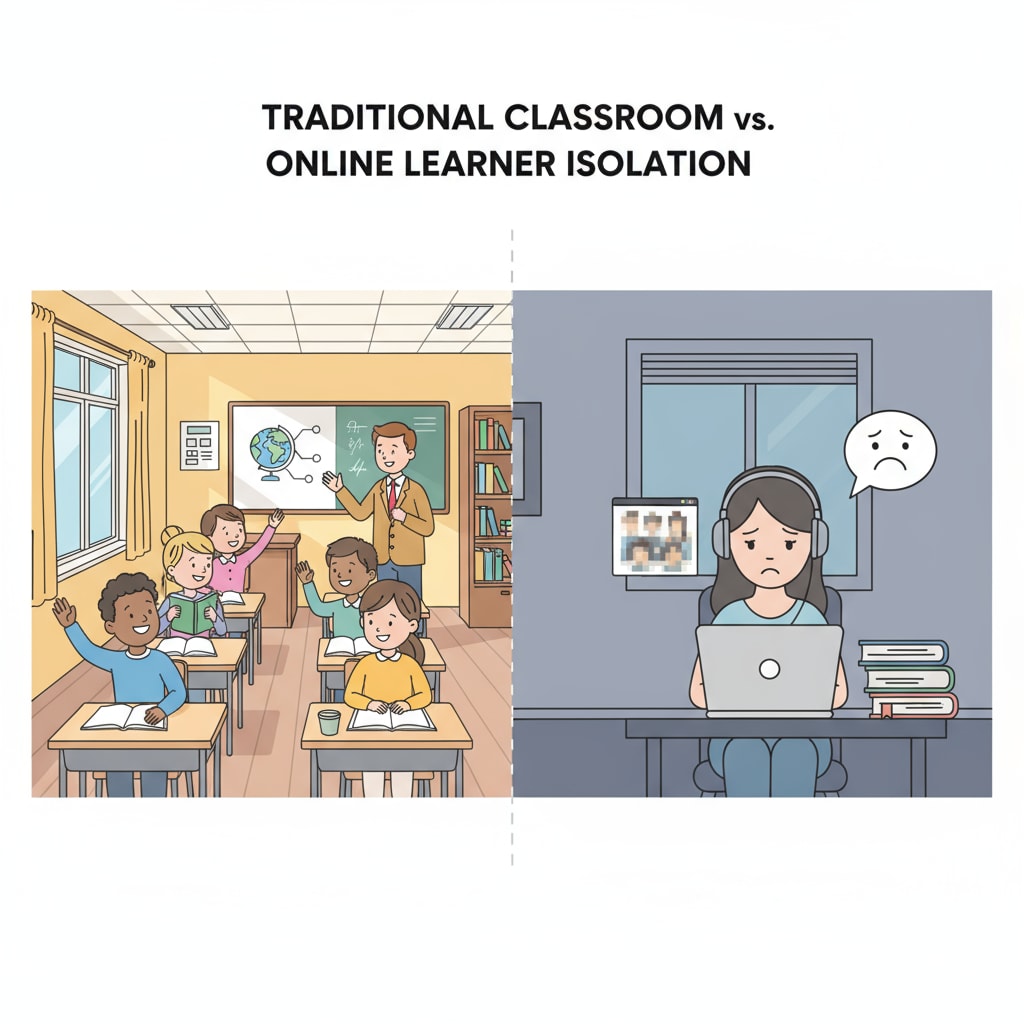Online degrees, self-motivation, and FOMO are three intertwined aspects that significantly impact the modern learning experience. In recent years, online education has witnessed a remarkable surge in popularity, offering unparalleled flexibility and accessibility. However, this digital revolution in learning comes with its own set of challenges. Let’s first understand the unique struggles that learners face in this virtual landscape.

The Self-Motivation Conundrum in Online Degrees
One of the most significant challenges in online education is maintaining self-motivation. Unlike traditional in-person classrooms, where the physical presence of instructors and peers provides a structured and motivating environment, online learners often find themselves alone with their devices. Without the external cues and social pressure, it can be incredibly difficult to stay on track and remain focused on coursework. For example, distractions at home, such as household chores, family members, or social media, can easily derail a student’s study plan. According to Educause, many online learners struggle with time management and staying motivated throughout the duration of their courses.
The FOMO Factor in Virtual Learning
FOMO, or the fear of missing out, is another prevalent issue in online education. In a traditional classroom setting, students are part of a physical community, sharing experiences, discussions, and social interactions. In the virtual world, however, learners may feel isolated and left out. They might miss out on the informal conversations and group activities that occur in a face-to-face learning environment. This sense of FOMO can lead to feelings of loneliness and a lack of engagement in the online course. As reported by Inside Higher Ed, many online students express concerns about not being able to fully participate in the learning community due to the virtual nature of their education.

To address these challenges, learners can adopt several strategies. Firstly, creating a dedicated study space can help separate the learning environment from distractions. Setting clear goals and schedules, and rewarding oneself for achieving milestones, can also boost self-motivation. Regarding FOMO, actively participating in online discussion forums, virtual study groups, and social media communities related to the course can help learners feel more connected and involved. In addition, maintaining regular communication with instructors and peers through video calls and messaging platforms can bridge the gap between virtual and in-person interactions.
Readability guidance: As we’ve seen, the issues of self-motivation and FOMO in online degrees are complex but manageable. By implementing these strategies, learners can enhance their online learning experience and overcome the unique challenges presented by the digital classroom.


